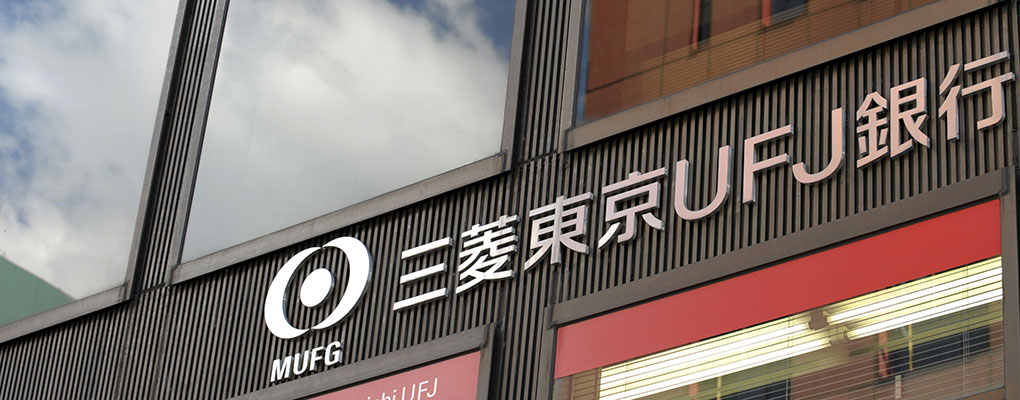
The Bank of Tokyo-Mitsubishi UFJ and Mizuho Bank have lowered their interest rates of 10-year fixed mortgages to 1.15 percent, down by 1.45 and 1.15 percent respectively. Sumitomo Mitsui Trust Bank goes further to beat rivals by reducing its rate to 0.9 percent. With considerably fewer people in Japan taking out mortgages in 2014 in comparison with the previous year, banks are now in fierce competition to provide housing loans.
Real estate experts believe that the residential market is beginning to improve
The reduction in the interest rates of 35-year fixed mortgages also reflects this growing concern. In August the Japan Housing Finance Agency reduced its rate down to 1.69 percent, the lowest for a decade. This rate was further undercut to 1.47 percent in January.
Smaller banks are also expected to follow suit.
The fall in mortgage interest rates is the result of large scale monetary easing in Japan as the economy continues to struggle with deflation, with consumer inflation shrinking to 0.7 percent. In October, the Bank of Japan announced the expansion of its stimulus package, despite April’s hopeful hike in sales tax. The strategy of qualitative and quantitative easing continues in an attempt to achieve a target inflation rate of 2 percent.
Real estate experts believe that the residential market is beginning to improve, as illustrated by the increase in housing starts for condominiums at the tail end of last year. According to a report carried out by the Real Estate Economic Institute, the number of condominium sales in Tokyo is set to increase by 5.9 percent this year. With the lure of low interest rates, more individuals are increasingly likely to take the plunge and invest in property, thereby boosting the floundering residential market. In addition, the Japanese economy is forecasted to improve; the OECD expects output growth to rebound to around 0.75 percent in 2015. If this is achieved, corporate earnings and wages will begin to improve, which in turn will have a positive effect on the number of mortgage loans taken and on housing sales.
Nevertheless, the outcome is simply unknown, particularly as mortgage rates were already comparatively low before a further reduction was introduced this month, yet the number of loans remained disappointing in 2014. Furthermore, with the augmentation of property prices as a result of deflation and higher building costs, property investment is still unattractive for many individuals in Japan. In the wider context, until the economy begins to recover, it is unlikely that sluggish wages in Japan will experience the much needed hike required to increase the number of mortgage loans taken out and boost property sales. Despite the continual efforts being made by the Bank of Japan and the three arrow approach of Abenomics, the threat of Japan’s economic slump worsening is still very real.


